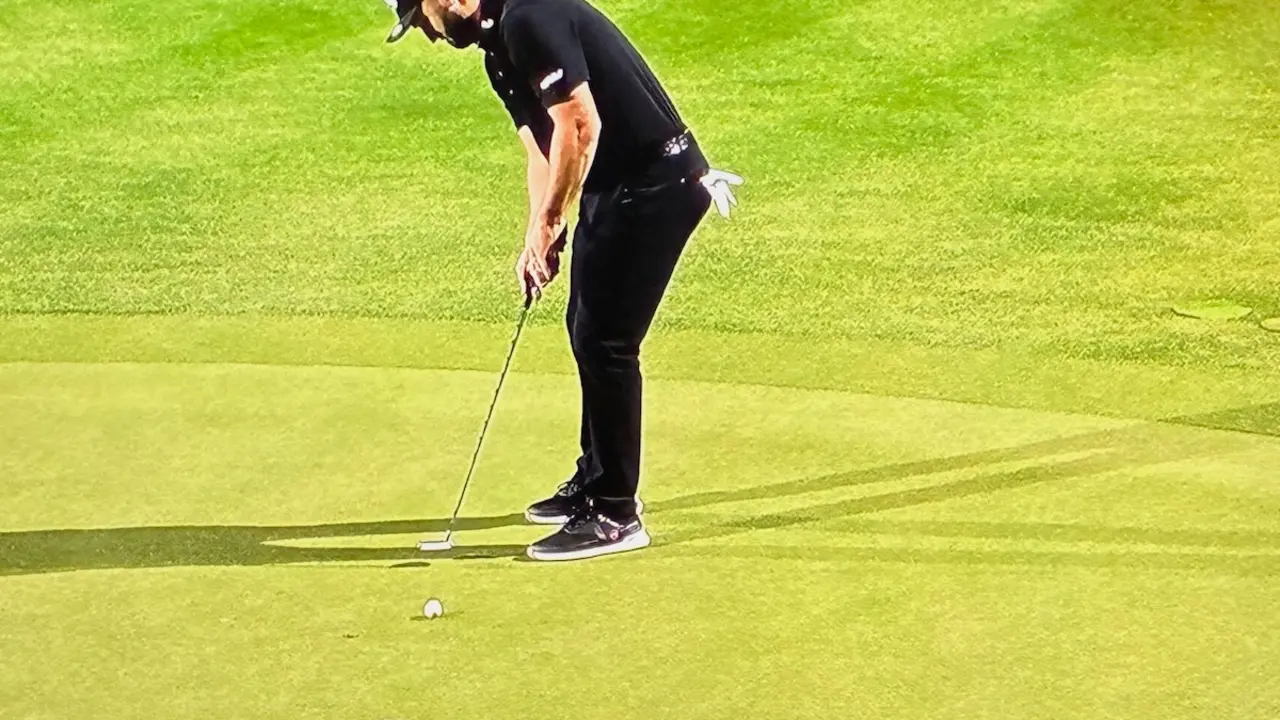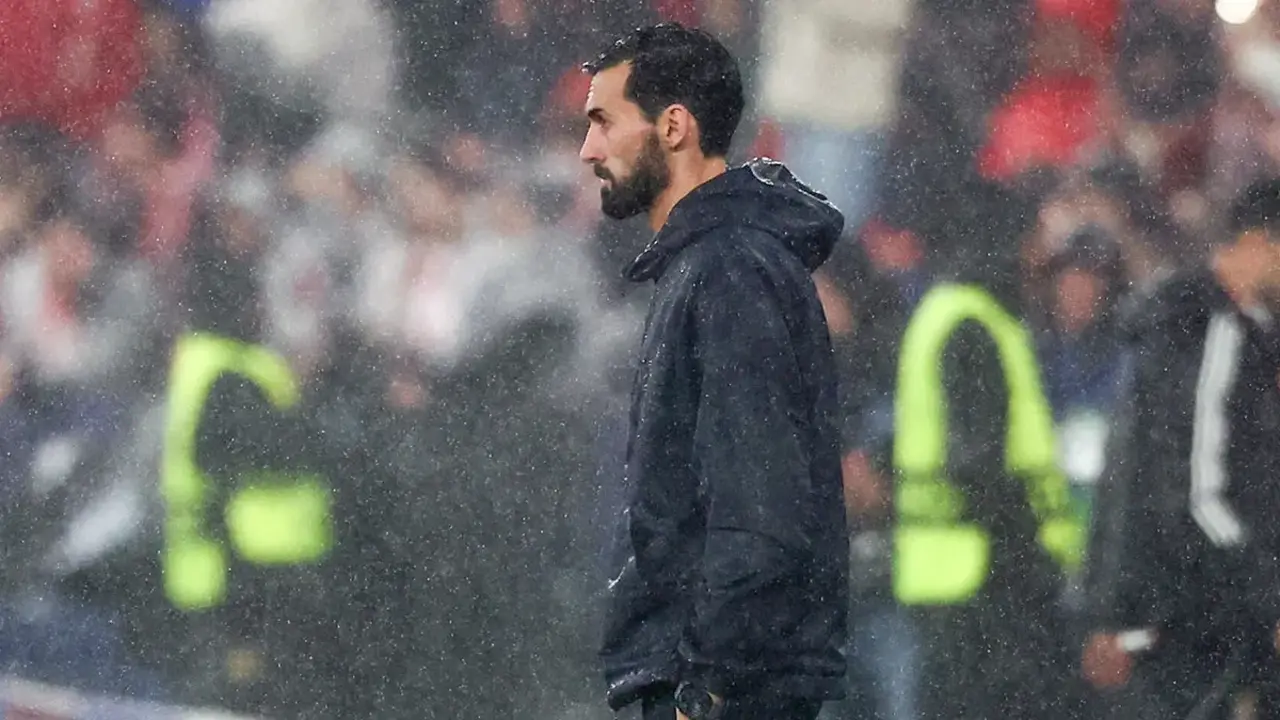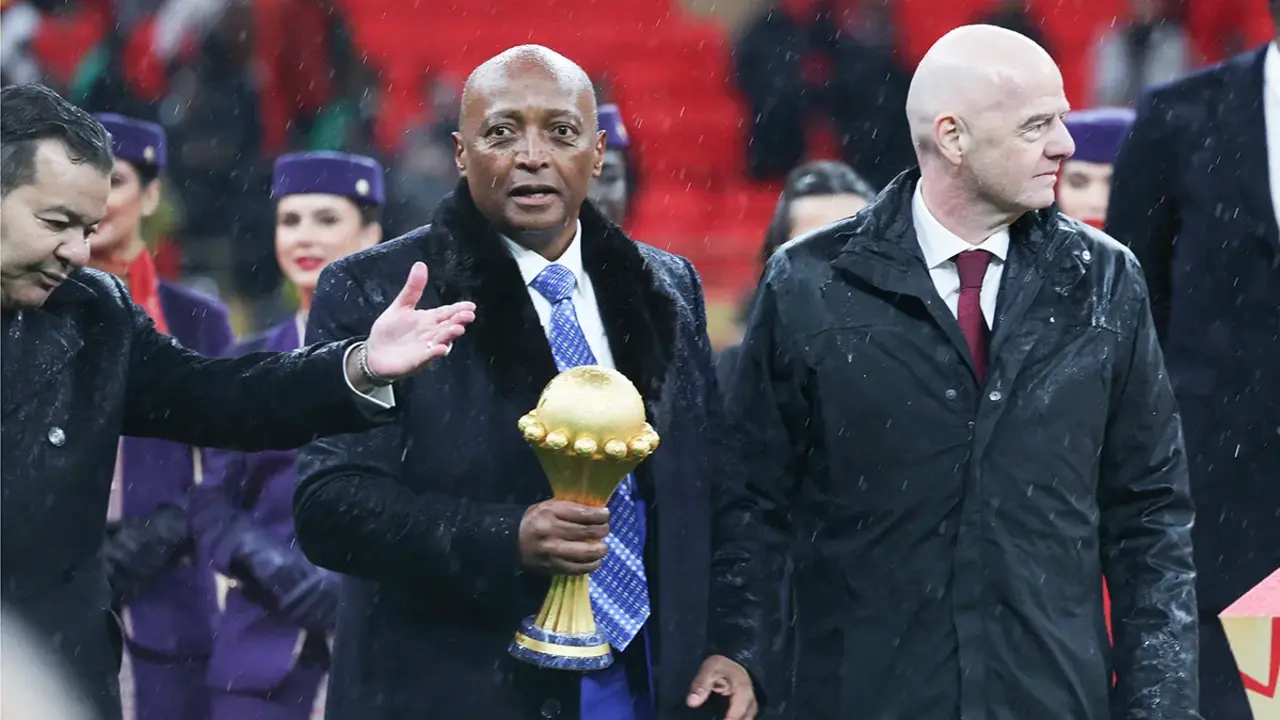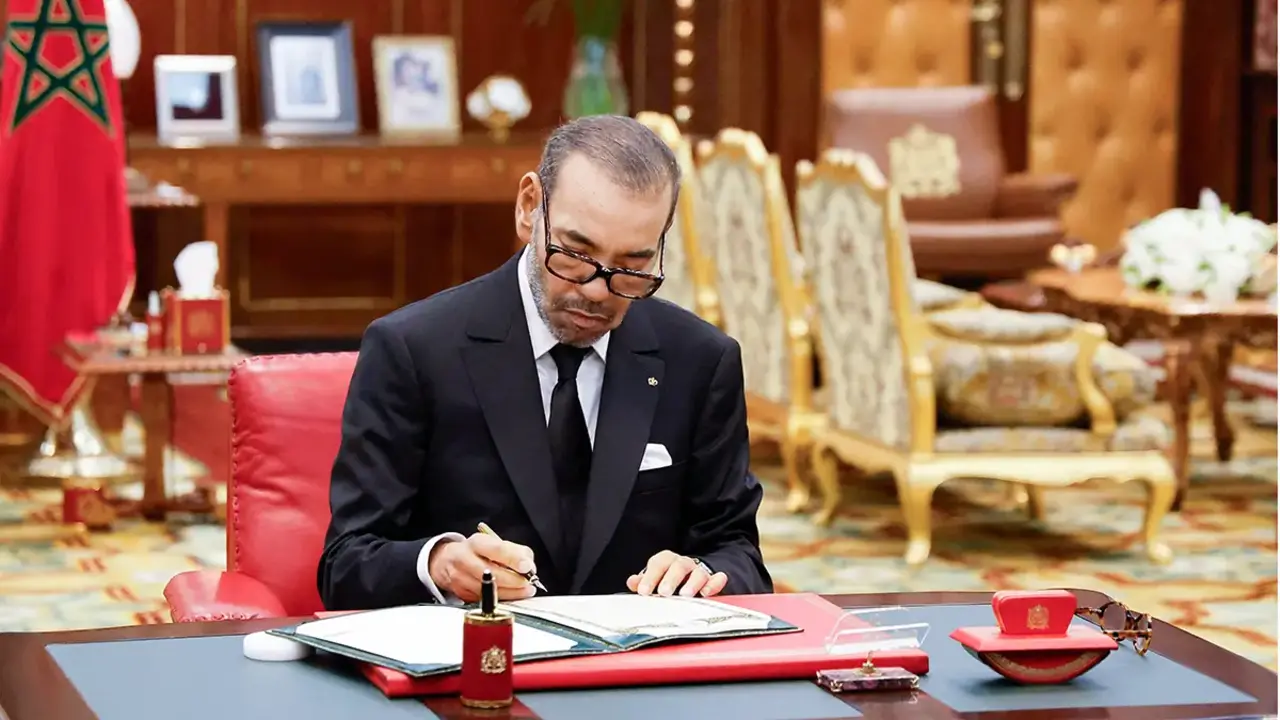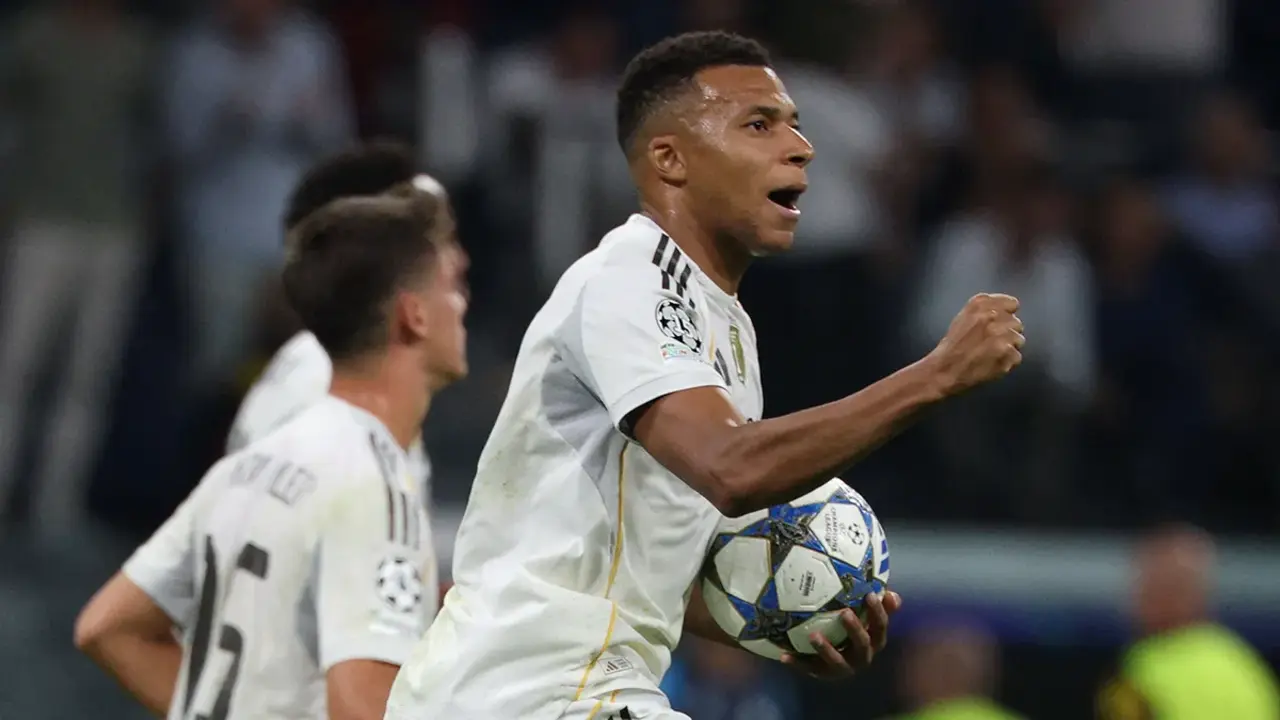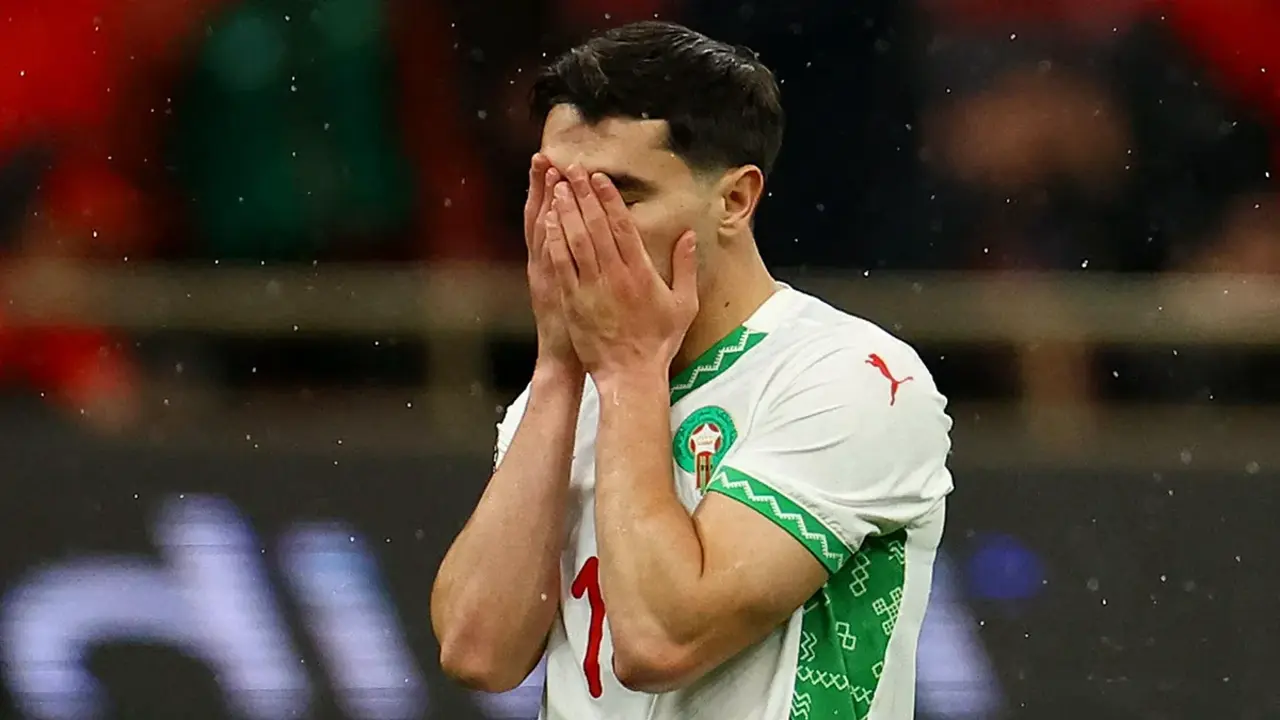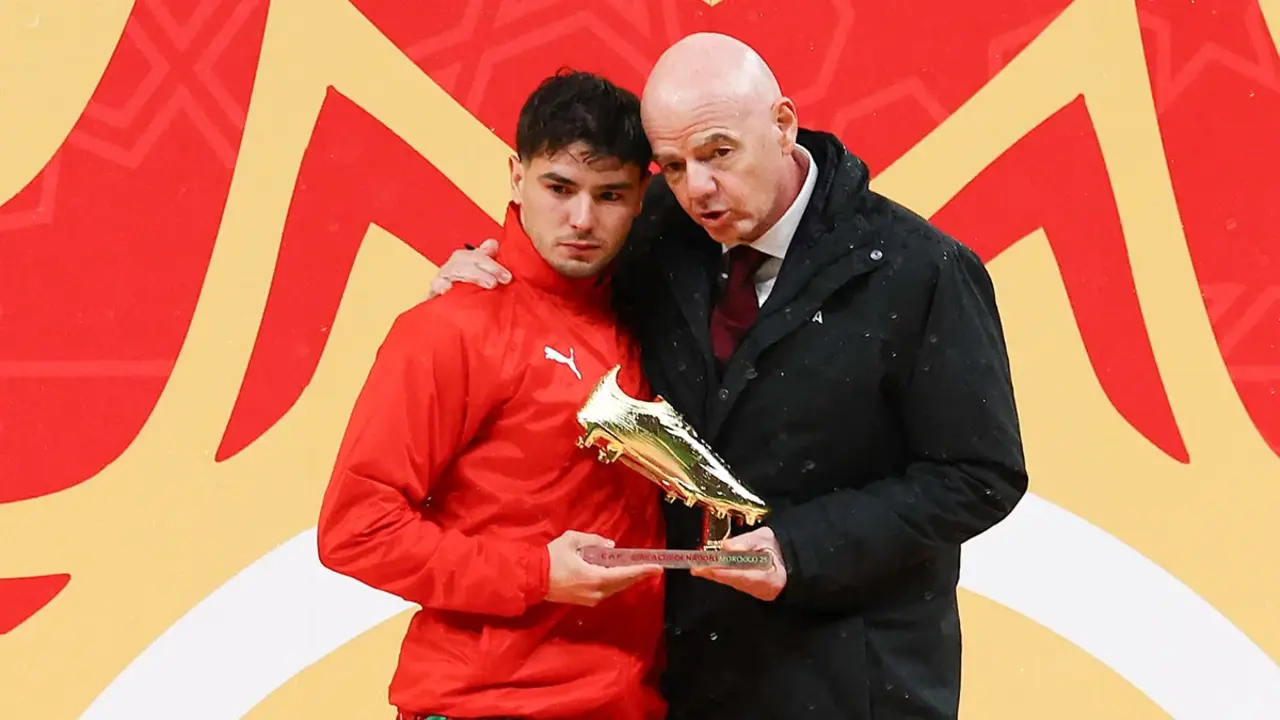Hamza, jugador de Palma Futsal: “No dudé en jugar con Marruecos por lo bien que se están haciendo las cosas allí”

Hamza Maimon Amessaud (Ceuta, 1991) has become a reference point for Moroccan Futsal. From the time he kicked the ball in Ceuta to his signing with Palma Futsal, he has developed his career in the best indoor football league in the world. This has helped him to become African champion with a team that will also be in the World Cup in Lithuania 2021. Now he is an important player of one of the best teams in the National Futsal League. Palma is growing on the courts and in the stands. Its immersion in Balearic society has made it a sporting powerhouse on the island.
It is said that Farhana comes from Arabic and can be translated as "happy". This is the village of his grandparents who have given him the opportunity to grow professionally and be the image for many kids from Ceuta and Morocco who want to devote themselves to professional sport. Hamza attends Atalayar from Palma where he is preparing the uncertain new season with his team while waiting for another imminent call from his national team.
How do you start playing futsal?
I started when I was 5 or 6 years old in Ceuta in a club that belonged to a peña of Barcelona's. There, until the age of Cadete, you can alternate between football and futsal. In junior high you have to choose one of the two sports. I have always been good at futsal, but I even thought about spending more time on it, but at that age you need to have a lot of height and scope. In football I spent a lot of time running without touching the ball and I liked to keep it on my foot as long as possible. In the end, in Junior I decided to play futsal and I am very happy with that decision. I never expected that I would be able to get where I am.
Until you consolidated your position as a First Division player in the LNFS, what was the hardest stage?
The most difficult stage was from second year of Infant to first year of Cadet because I was playing in a club where I thought I was pretty good at futsal, but I didn't have a chance to show it because they didn't give me the minutes I needed. I doubted if I was good at this sport because the coach trusted other players more... that time was difficult, but in the second year of Cadete I decided to go to another club and there I felt important and did very well. I recovered the illusion you have as a child to play.
When do you realize that you can make a living playing indoor football?
It was in my first junior year in Ceuta at San Agustin. I alternated with the Third Division team, I started playing a lot. It's true that other kids at that age enjoyed weekends with their friends. I devoted myself to travelling because I competed with the Youth team and I travelled with the Third Division team on the weekends because we competed in Andalusia. That's when I felt that I was good at it. The following year the same thing happened, even the Third was promoted to Second B and I still had minutes. That year Melilla, who also played in Segunda B, promoted to Segunda and they wanted me to sign a professional contract. I had played a couple of times against them making good matches. That is when I say that I can dedicate myself to this, although I did not get to think that at so much level. I was leaving home because I had finished my Bachelor's degree and they gave me the possibility of going to another city with the same characteristics and where I had a family. I wanted to study and they made it easy for me to do so, which was the most important thing for me.

When did you feel most pressure, when you arrived at professional indoor football in Melilla or when you signed up for Palma Futsal?
I went to Santiago as a child to learn. It was a first division team, but I was on loan in Melilla, which was a second division team. The demand for performance is as if you were in another category. I felt that little pressure when I was very young. Since I've been in Palma, I've gone from less to more and that responsibility exists, but it's good because it's a demanding team that wants to fight for beautiful things.
From Spain to Morocco
The young player from Ceuta had the possibility of being invited to join Morocco. His grandparents are from Farhana (Nador), a village in northeastern Morocco. He went through all the youth categories of the Spanish national team until he realised how difficult it was to get to the senior team. He changed his initial approach and accepted the challenge of his other country in the face of the insistence of the Moroccan Federation and the coach to have a player of his physical and defensive profile, something they do not have.
You play in Spain's youth teams, but you end up making your debut with the Moroccan national team.
I'm lucky enough to be able to play for Morocco as well because of my family background. I've played in all of Spain's youth categories up to the U-21 level. I've always had the dream of playing in an international competition. During my career I have tried to be at a good level to get to the Spanish national team, and I would have loved it. But this is a very good selection with a lot of quality and the coach chooses a series of players that he believes are the best to compete. Time goes by, I saw that I didn't have that reward and that years go by. The opportunity did not come and I had always been in contact with the Federation of Morocco for the possibility of going called up, but I was sincere and always said that I would like to play with Spain. They were kind and predisposed to me at all times and recently they contacted me again to assess the possibility of playing with Morocco. I didn't doubt it because the team has grown, the things are being done well, I had the possibility of playing international competitions and fulfilling my dream.
Futsal in Morocco
Morocco is the dominant force in African futsal after winning the last two titles at stake. A team with very skilful players based on a league now beginning to be better organised and incorporating a lot of talent from France and Spain. The Lions of the Atlas have found in the native talent the quality and the European tactical nuances necessary for the big competitions.
Is there a futsal culture in Morocco?
A lot. I have always spent my summers in Morocco for family reasons and there is a lot of futsal, football too. In any cafeteria it is the main debate. They love football. I am from Ceuta and I have always gone out to Morocco to play tournaments and they have a futsal culture and a lot of individual quality. The lack of work at the base means that something is missing, but since I have arrived I have been surprised by the level of the coach, the technical staff, the desire to make them grow at the base, to get involved with the kids so that they learn and improve. You have a lot of quality, it's innate. It's a team that has the potential for the generation we have now to surprise everyone in the next few years if they keep working well.

Morocco is African champion and has qualified for the World Cup in Lithuania in 2021, what makes you such a strong team?
At the African level, we have demonstrated this in the last two African Cups in which we have been champions. You can see the potential and Morocco is setting eyes much higher. They are doing things little by little, they don't want to go crazy and they are working very well. The rest of the countries look at us differently. There are already friendly matches with important teams to prepare for the World Cup and to continue growing. What strikes me most is the level of competition; they fight for every single ball. It is perhaps the circumstances in that country that make the indoor football experience on the court different. Other aspects are now being polished up. I think that the public is not giving it any importance, but the generation we have now can give a lot in the next four or six years. Especially in the World Cup.
Are you often in contact with your team?
Yes, and it's surprising because I've been talking to other colleagues from other teams and they don't have that usual contact. During the confinement we have made video calls, the coach tries to keep in touch with me to know how I am and how to keep improving. It's a team where we only have contact when we are focused, but the coach keeps the block and extends it to future players by video calls with sports psychologists, to keep in shape, to get advice for the players, the possibility of going to the sports centre they have created to keep fit, to ask for material... This is something which surprised me very much. These incentives will bring results in the short term.
Do players trained in Morocco have the potential to make it to the European or Spanish leagues?
There are many players who are already in Europe: in France, Italy... those who are from Morocco who live and play there have enough quality to play above all in the Spanish league, which is the best in the world. When I have been there and played with them, I have recognised their quality.
What are your personal goals for next season?
Palma is a demanding team that every year asks for a little bit more. Not only at a social level which has a great impact, but also at a sporting level because in the end it is what makes the team grow. We continue to maintain the block. We must have the individual and collective responsibility to try to get into a final and win a title. Palma thinks like a big team. On an individual level, I want to continue to maintain the space I had last year, to do better and win a title so that we can play a big role in the World Cup.

What future does your brother Anuar have in indoor football?
He will end up in the First Division. It is his dream. Now he is with Union Africa Ceutí and he was one of the players who was promoted to Second Division. I would like to play against him in First Division. I had the opportunity when I was in Zaragoza, but I didn't play much.
What advice would you give to all the young people from Ceuta and Morocco who want to play indoor football?
To be patient, to continue fighting for what they like best, to be disciplined and constant, to be respectful of the coaches they have in the categories. Also, that they do not stop studying because it is something important, even though people do not believe it. It is true that in this area it is more complicated to have this visibility and capacity to go out because the number of cards does not have the repercussion that they have in other communities, but we are working to improve. Ceuta is doing very well and it already has players in First and Second Division. With innate quality and daily work, I hope that some players can surpass what I have done and that the city of Ceuta is at the top.

